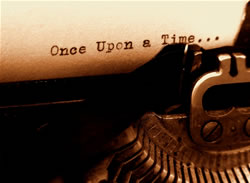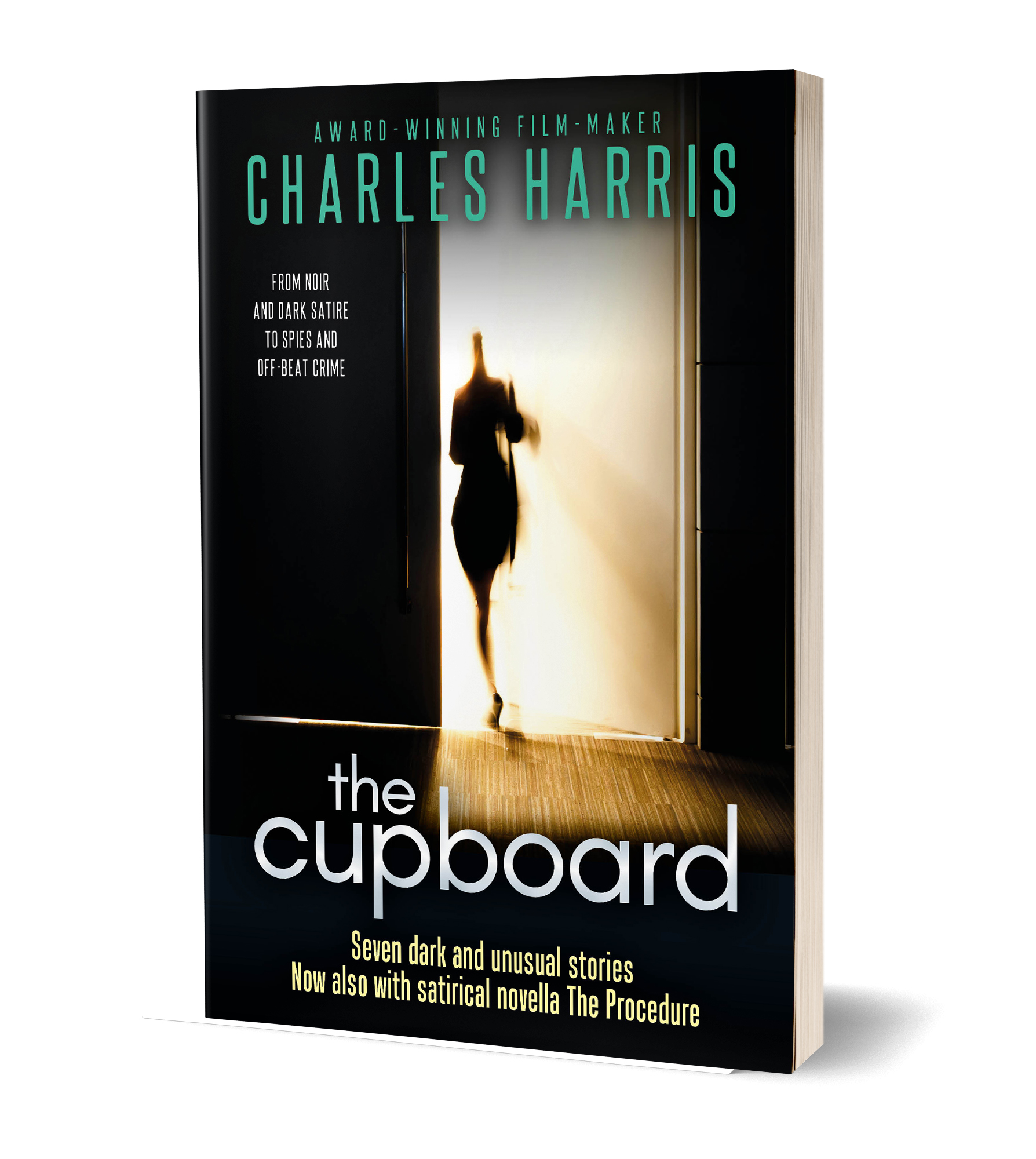How to land a top star and the BBC with one treatment
13 Tuesday Sep 2011
Written by Charles Harris in Industry, Selling, Treatments
Most people hate writing treatments. Not me, I love them. This is how I used a treatment to hook a top star comedian and the BBC in just five pages – and how you can too.
The idea I’d had was a good one – I knew it, and the production company I’d approached knew it too. It was a sharp, dark satire, one hour for TV, one-off, and unlike anything else we’d seen. We didn’t have a script yet but we took the idea to the BBC and everyone liked it all the way up to the channel controller.
 The controller asked who we had lined up to star. We knew who we wanted. It needed a top comic star, and we had a shortlist of one. But we hadn’t approached him yet.
The controller asked who we had lined up to star. We knew who we wanted. It needed a top comic star, and we had a shortlist of one. But we hadn’t approached him yet.
The controller said he had a transmission slot available for May. (It was now January). All we had to do was produce a 4-5 page treatment he liked – and the agreement of the star.
Now mostly stars want to read scripts, but there was no time to write one. The treatment would have to do it.
I think people shy away from writing treatments for two main reasons: they are afraid they will restrict their creativity for the script; and they try writing one and it turns out to be flat and lacks all fire and energy.
The truth is, if you know how to write exciting treatments that reflect the energy and emotion of your scripts then you can put your career into fast forward. But to do this you need to know a few techniques that are rarely taught. I learned them the hard way – by falling flat on my face for five or six years.
In fact, I now find the treatment totally invaluable at all stages of the writing process – for creating the best structure, for avoiding plot problems in advance, for inspiring others, for selling, for rewriting drafts and (perhaps most importantly) for inspiring myself.
If my treatment excites me, then I know there’s a good chance it will sell.
It took two weeks to write the 5 page BBC treatment. Most people try to cram in the whole story. I did the opposite. There are much more important things than story – and that is what a treatment really needs to show. Just a brief hint of the structure, that’s all it needs. And then you slip in all the stuff that really sells the project.
The things that get your juices flowing. And here too there are techniques you need to learn.
When I felt inspired by it – and couldn’t wait to write the script – we sent it to the star. He loved it and agreed. The BBC loved it, loved the star, and signed the contract.
script – we sent it to the star. He loved it and agreed. The BBC loved it, loved the star, and signed the contract.
Now all we had to do was write the script and shoot the film in under four months…
If you want to hear more about how to land top stars, producers, broadcasters and film financiers with your own treatments, check out some of my other articles or my book Complete Screenwriting, which has whole sections devoted to exactly this.
Oh, by the way, we did finish the film by May – with one day to spare – and won a national award for it. All from 5 pages of treatment.


4 Comments
September 21, 2011 at 6:42 am
Dagnabbit. I missed this course! Please run it again soon…I love all your courses.
September 22, 2011 at 4:52 pm
Thank you, Janice – and I’m pleased to say it will be on again early next year – Saturday February 25 – http://www.euroscript.co.uk/treatments.html
January 15, 2013 at 10:04 am
What was the project and how do you get access to the top bods without writing a word?
January 15, 2013 at 6:37 pm
Hi Philip
Good questions.
The project was a dark satirical documentary on how rich countries buy food from poor countries and leave them to starve – called Sex, Drugs and Dinner it starred Alexei Sayle and went out on BBC2.
As for access, I pitched it to a very experienced documentary production company who loved the concept and had contacts that they could draw on. We talked to BBC and Channel 4 and BBC jumped at the idea of tackling a “dull but worthy” subject in a more edgy way (I quote Alan Yentob who was currently Head of BBC2 and who greenlit the project in the end).
We got excellent ratings and won a Best Network Programme Award.
Incidentally, this story also backs up the article I wrote a couple of days ago on the vital importance of knowing how your project is different.